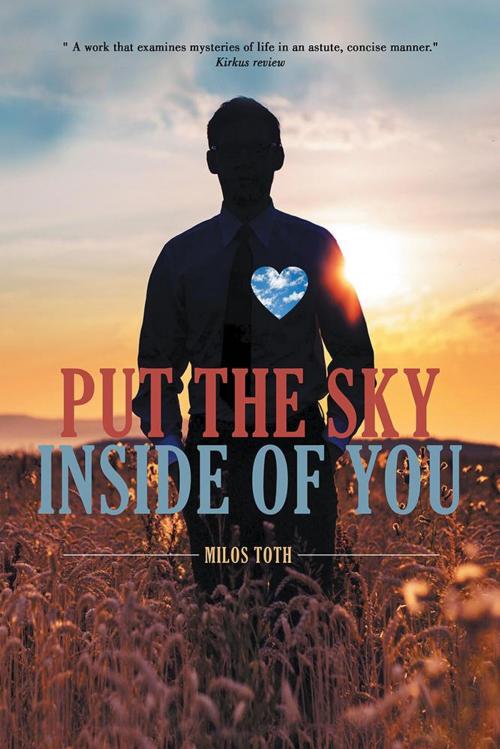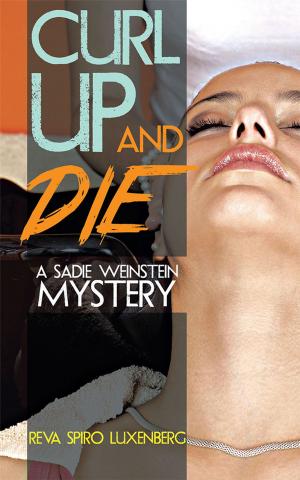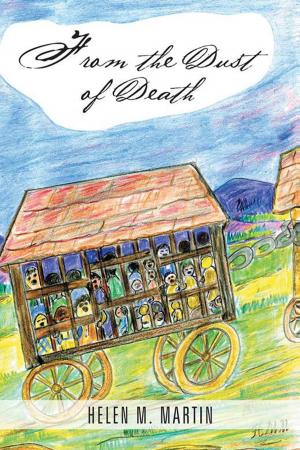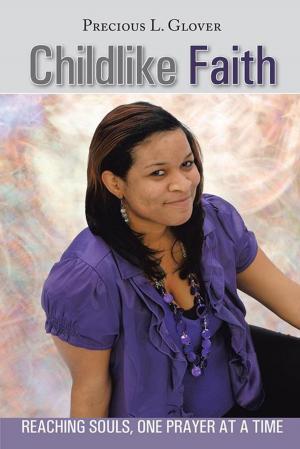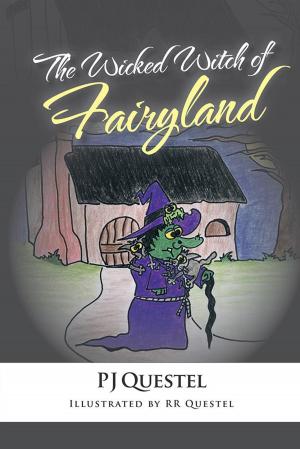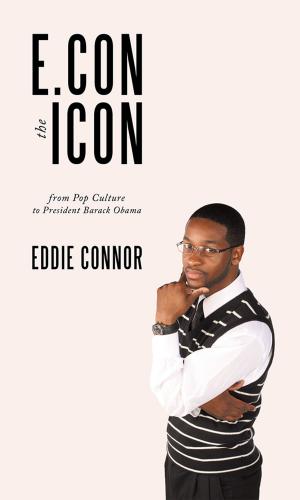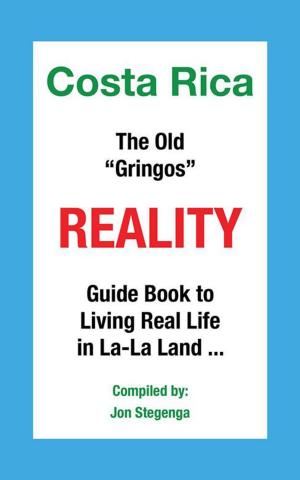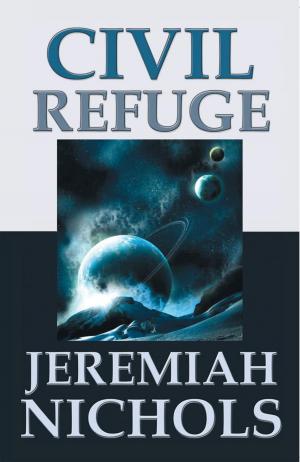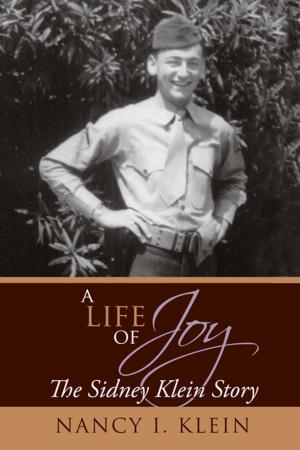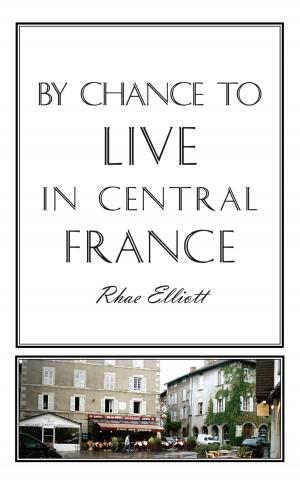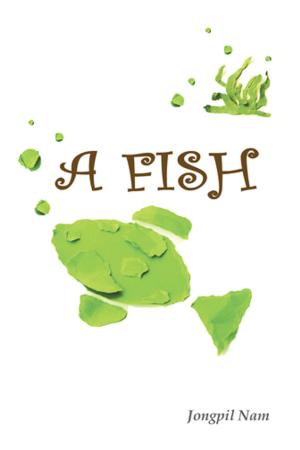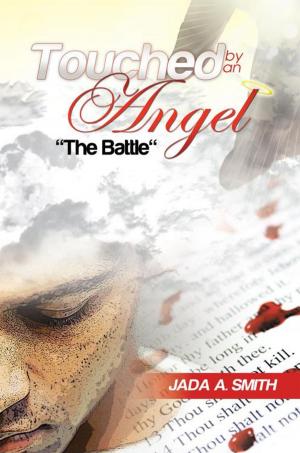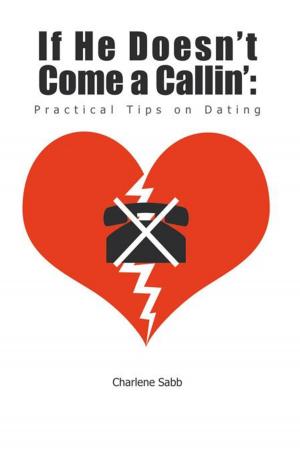Put the Sky Inside of You
Nonfiction, Religion & Spirituality, Philosophy, Health & Well Being, Self Help, Fiction & Literature| Author: | Milos Toth | ISBN: | 9781524641047 |
| Publisher: | AuthorHouse | Publication: | October 6, 2016 |
| Imprint: | AuthorHouse | Language: | English |
| Author: | Milos Toth |
| ISBN: | 9781524641047 |
| Publisher: | AuthorHouse |
| Publication: | October 6, 2016 |
| Imprint: | AuthorHouse |
| Language: | English |
"A work that examines mysteries of life in an astute, concise manner." ~ Kirkus Review
" ...a philosophical novel about learning lessons over a lifetime. In the 1980s, Czechoslovakia's military service was required for men over the age of eighteen and spending two years in the austere training ground, known as a "kasarne", wasn't seen as an enviable situation. The young men, usually aged between nineteen and twenty-two, "felt deprived of their youth, deprived of chatting with girls, deprived of having the fun that an ordinary free life would otherwise offer to them."
Jirka and Jozef meet in a kasarne, and they form a bond as Jozef aids Jirka in writing love letters to his sweetheart, Margareta. However, the men's relationship is marked by jealousy. Who, after all, is the one truly winning over Margareta? Then, after a brief discussion of Einstein and the theory of relativity, the narrative shifts to detailing the life of a man named Julo, who's born in Czechoslovakia in 1961. But before much is revealed about him, readers find out that he ended up jumping to his death from a kitchen window. The question then becomes "Why? Why did he jump?" As the narrative details Julo's story, including such events as considering the purchase of a Skoda 105 automobile, serving his military requirement (during which he meets Jirka and Jozef), and mastering autogenous training relaxation techniques, readers know it's all destined to end in tragedy.
Although one may ascertain from the book's title that things will get dreamy, Toth instead keeps the plot developments grounded in the real world. It all culminates in a work that's realistic and contemplative, incorporating both love and tragedy while mingling youthful advice (such as the sentiment that a boy shouldn't "run to catch bus or after a girl ...[I]n fifteen minutes another comes") with more abstract concepts (such as when Jirka wonders if the human brain has its own event horizon). Although some readers may not be won over by the characters' contemplation, those who take an interest in Julo's experiences will likely want to see how they all come together-or, more accurately, given the character's suicide, how it all falls apart" (Kirkus review).
"A work that examines mysteries of life in an astute, concise manner." ~ Kirkus Review
" ...a philosophical novel about learning lessons over a lifetime. In the 1980s, Czechoslovakia's military service was required for men over the age of eighteen and spending two years in the austere training ground, known as a "kasarne", wasn't seen as an enviable situation. The young men, usually aged between nineteen and twenty-two, "felt deprived of their youth, deprived of chatting with girls, deprived of having the fun that an ordinary free life would otherwise offer to them."
Jirka and Jozef meet in a kasarne, and they form a bond as Jozef aids Jirka in writing love letters to his sweetheart, Margareta. However, the men's relationship is marked by jealousy. Who, after all, is the one truly winning over Margareta? Then, after a brief discussion of Einstein and the theory of relativity, the narrative shifts to detailing the life of a man named Julo, who's born in Czechoslovakia in 1961. But before much is revealed about him, readers find out that he ended up jumping to his death from a kitchen window. The question then becomes "Why? Why did he jump?" As the narrative details Julo's story, including such events as considering the purchase of a Skoda 105 automobile, serving his military requirement (during which he meets Jirka and Jozef), and mastering autogenous training relaxation techniques, readers know it's all destined to end in tragedy.
Although one may ascertain from the book's title that things will get dreamy, Toth instead keeps the plot developments grounded in the real world. It all culminates in a work that's realistic and contemplative, incorporating both love and tragedy while mingling youthful advice (such as the sentiment that a boy shouldn't "run to catch bus or after a girl ...[I]n fifteen minutes another comes") with more abstract concepts (such as when Jirka wonders if the human brain has its own event horizon). Although some readers may not be won over by the characters' contemplation, those who take an interest in Julo's experiences will likely want to see how they all come together-or, more accurately, given the character's suicide, how it all falls apart" (Kirkus review).
